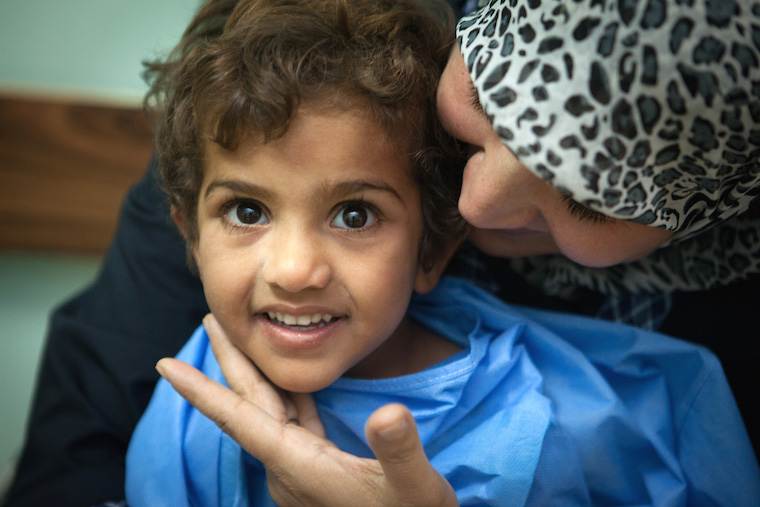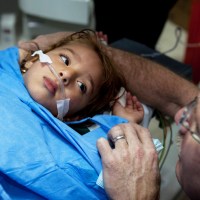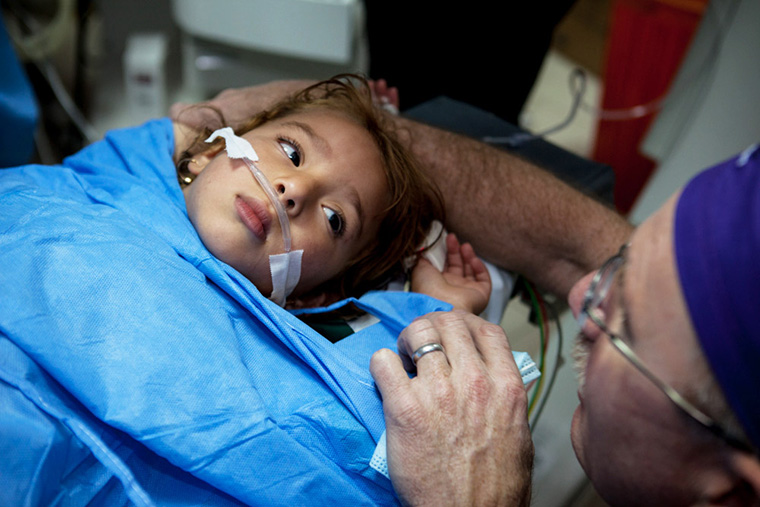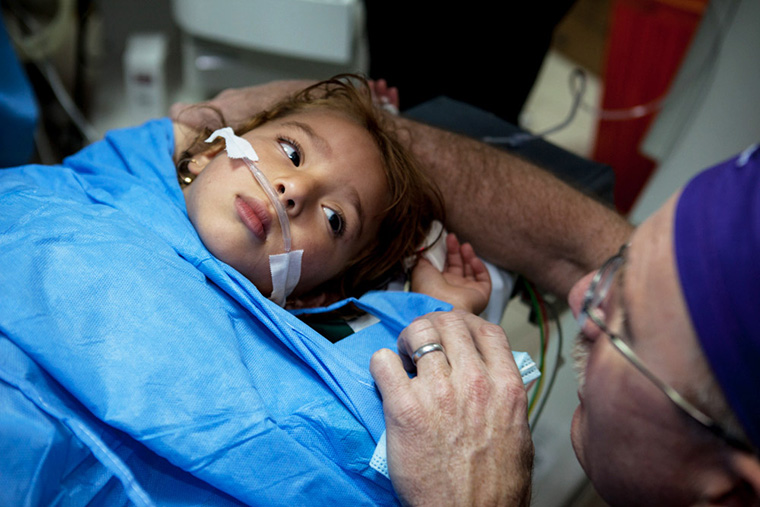
Tikrit is besieged—ISIS fighters who took over the city eight months ago are today entirely surrounded by Shia militias, Sunni tribes, and Iraqi regular forces. There were previous attempts to recapture the city but all ended in failure.
Some thought this time would be different. There was an expectation that the tens of thousands of military and militia forces would make quick work of the much smaller force of ISIS fighters. But battles in Tikrit, hometown of Saddam Hussein and situated on the main road between Baghdad and Mosul, continue to prove more difficult than expected.
The news is filled with images from Tikrit—pictures of militia, weapons, explosions and most recently air strikes.
But when we read the news, the images that flash in front of our faces aren’t just those from news agencies.
We see Nazik Faisal, pictured above. When we hear the word ‘Tikrit’, we think of those we serve.
Our first Remedy Mission in Tikrit was nearly two years ago, in April 2013. At the end of the mission, our director said “At every juncture, we encountered positive people who had weathered storms. Troops at checkpoints greeted us warmly, families moved in and out of hospital rooms to distribute medicine and pray for each other, and, of course, doctors and hospital staff provided life-changing operations for 16 children!”

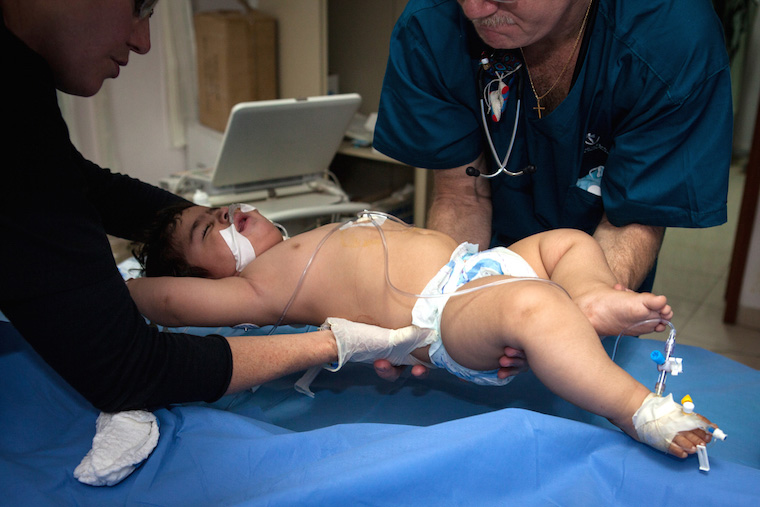
We were impacted in a powerful way by the people we met in Tikrit. We were impacted by Abraham, a boy squeezed into the schedule at the end of a very long day. Our doctors estimated that Abraham had only days to live if it weren’t for their intervention. We were impacted by Omar and his father, who wanted nothing more than for his boy to be “normal”. We were impacted by Dr. Mohammed, the cardiologist-in-training who our doctors guided through his first pediatric catheterization.
With each mention of Tikrit, we think about those 16 children who received heart operations. We think about their families and neighbours, their doctors and nurses.
“Preemptive love takes risks for the sake of another. It stays vulnerable in the face of inevitable pain; it keeps compassion personal.”
When you hear the word ‘Tikrit’ in the news, remember Kamar’s face.
